Summaries of books about Politics & Social Sciences:
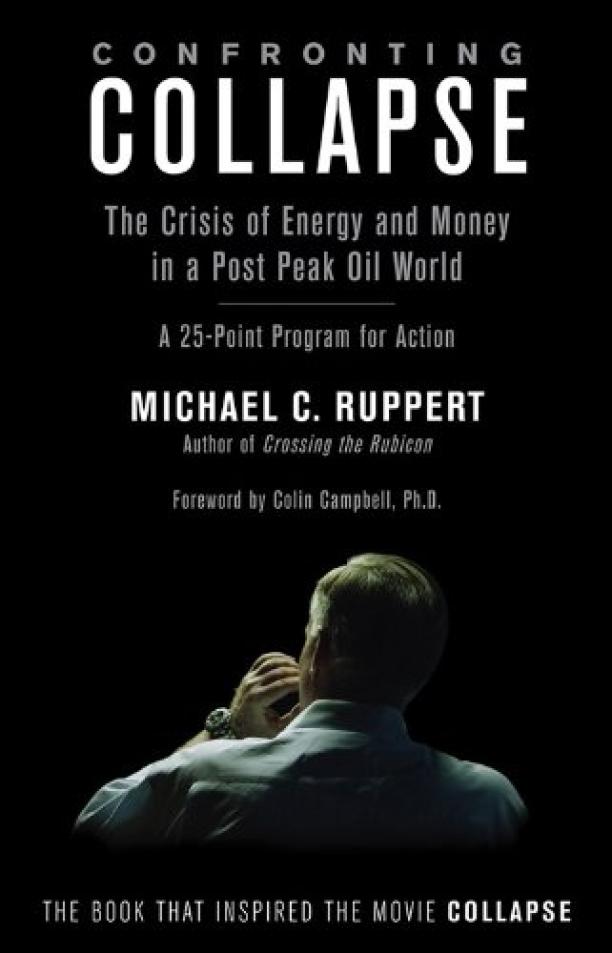
Confronting Collapse
The Crisis of Energy and Money in a Post Peak Oil World
Michael C. Ruppert
The book examines the interlinked challenges of dwindling energy resources, particularly the decline of cheap oil, and the unsustainable nature of the global financial system. It presents a stark analysis of how peak oil could lead to economic collapse and offers strategies for individuals and communities to prepare for and adapt to the impending changes.
See full summary
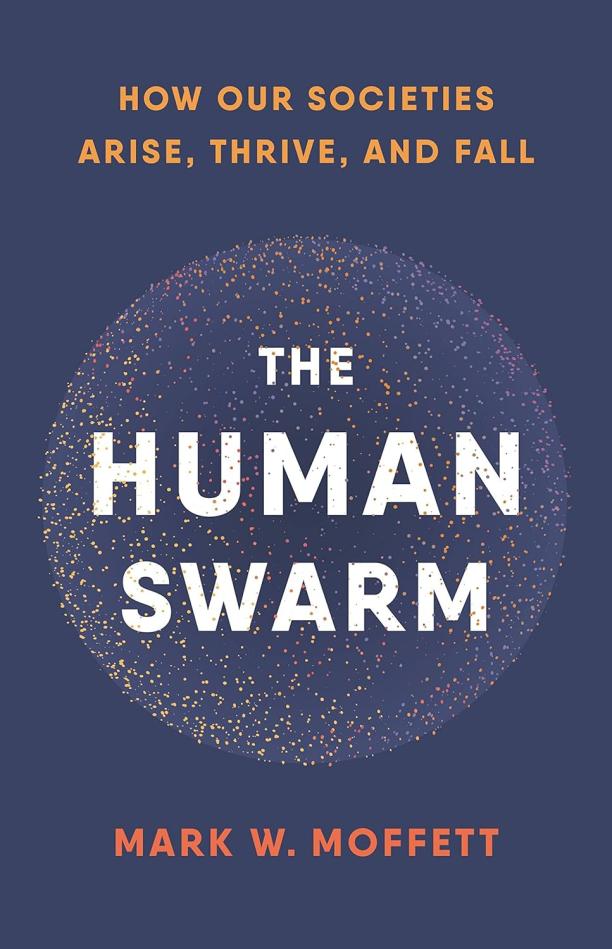
The Human Swarm
How Our Societies Arise, Thrive, and Fall
Mark W. Moffett
The book explores the social behavior of humans and compares it to that of animals, examining how societies form, define themselves, and manage both internal and external challenges. It delves into the psychology of group identity, the evolution of social structures, and the factors that lead to the success or collapse of civilizations.
See full summary
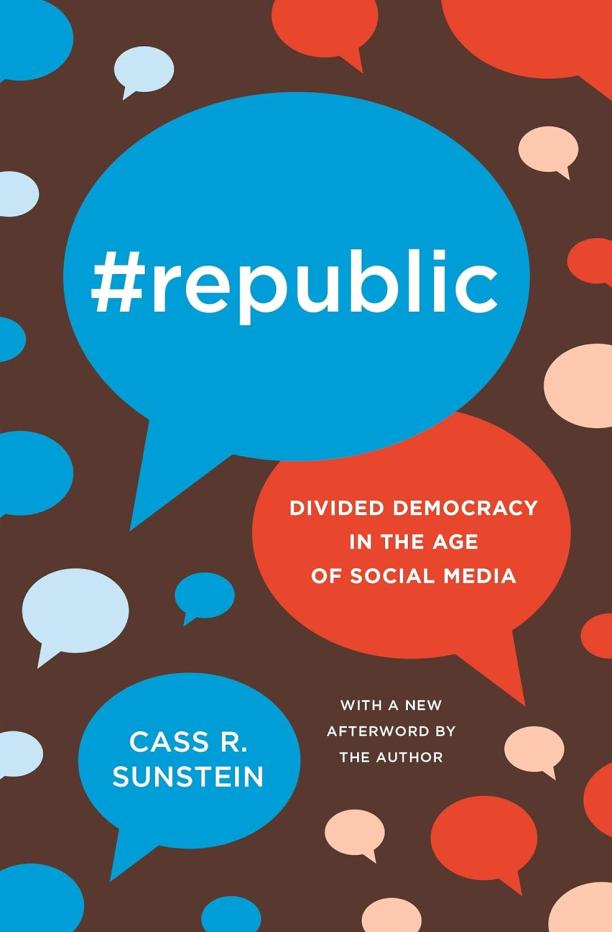
#Republic
Divided Democracy in the Age of Social Media
Cass R. Sunstein
The book examines how social media platforms create echo chambers that fragment the public discourse and undermine democratic values by reinforcing existing biases. It argues for reforms to encourage exposure to diverse viewpoints and foster a more inclusive, deliberative democracy.
See full summary
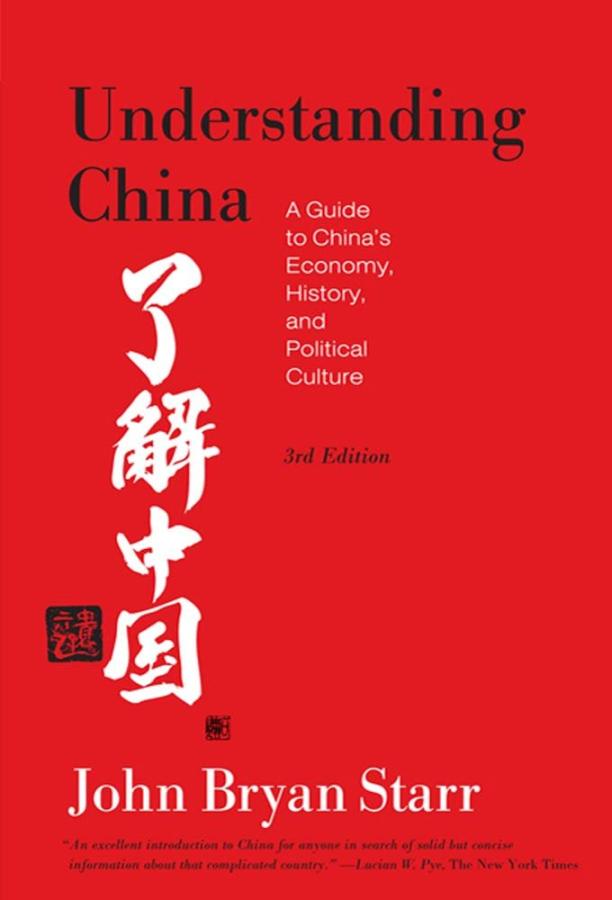
Understanding China [3rd Edition]
A Guide to China's Economy, History, and Political Culture
John Bryan Starr
The book provides an in-depth analysis of China's economic growth, historical evolution, and the complexities of its political system and culture. It offers insights into the challenges and opportunities presented by China's rise as a global power, aiming to equip readers with a comprehensive understanding of the country's internal dynamics and international relations.
See full summary
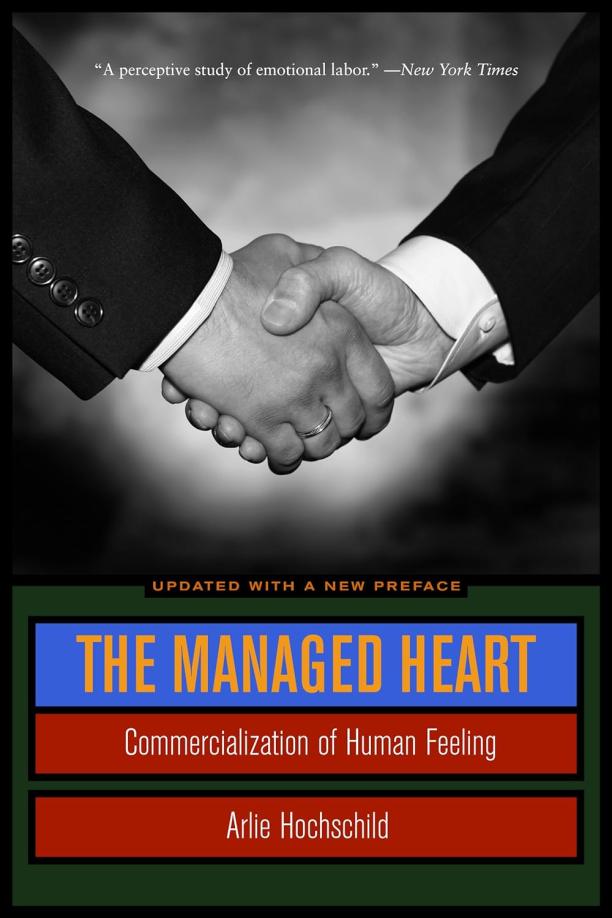
The Managed Heart
Commercialization of Human Feeling
Arlie Russell Hochschild
The book explores the concept of emotional labor, where employees regulate their emotions as part of their job, often in service-oriented industries. It examines the psychological implications of this practice and how it affects workers' personal lives and emotional well-being.
See full summary
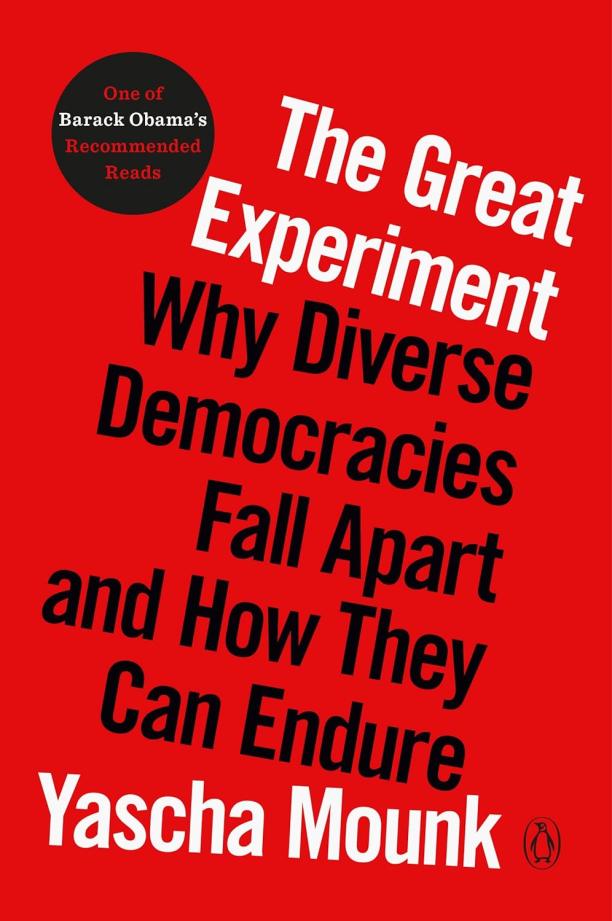
The Great Experiment
Why Diverse Democracies Fall Apart and How They Can Endure
Yascha Mounk
The book examines the challenges faced by increasingly diverse societies in maintaining stable democracies, analyzing historical and contemporary examples. It proposes strategies for fostering social cohesion and political cooperation in diverse democratic nations to ensure their survival and prosperity.
See full summary
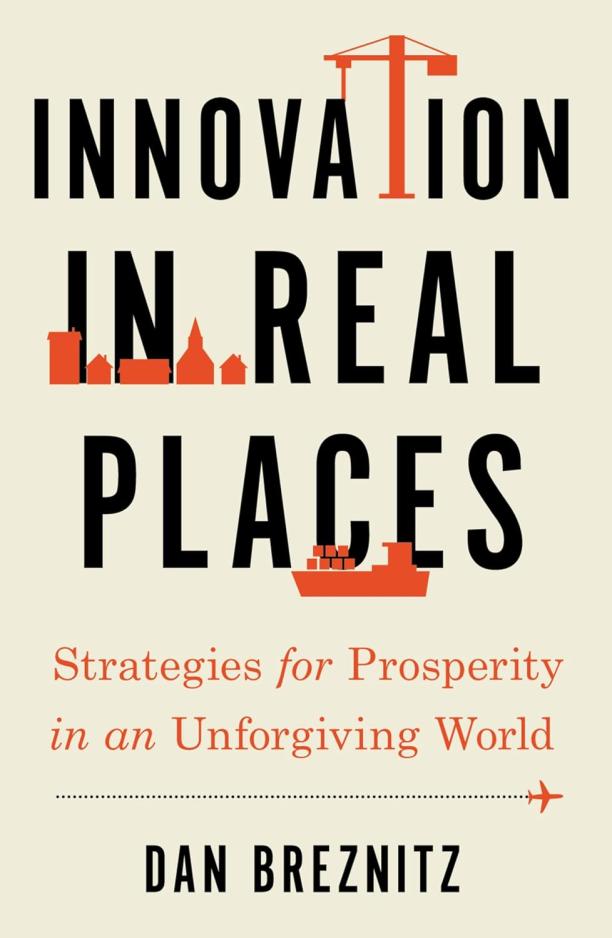
Innovation in Real Places
Strategies for Prosperity in an Unforgiving World
Dan Breznitz
The book provides an analysis of how different regions around the world have achieved economic growth through diverse innovation strategies tailored to their unique contexts. It challenges the one-size-fits-all approach to economic development and offers a framework for local policymakers to identify and leverage their own regional strengths in the global economy.
See full summary
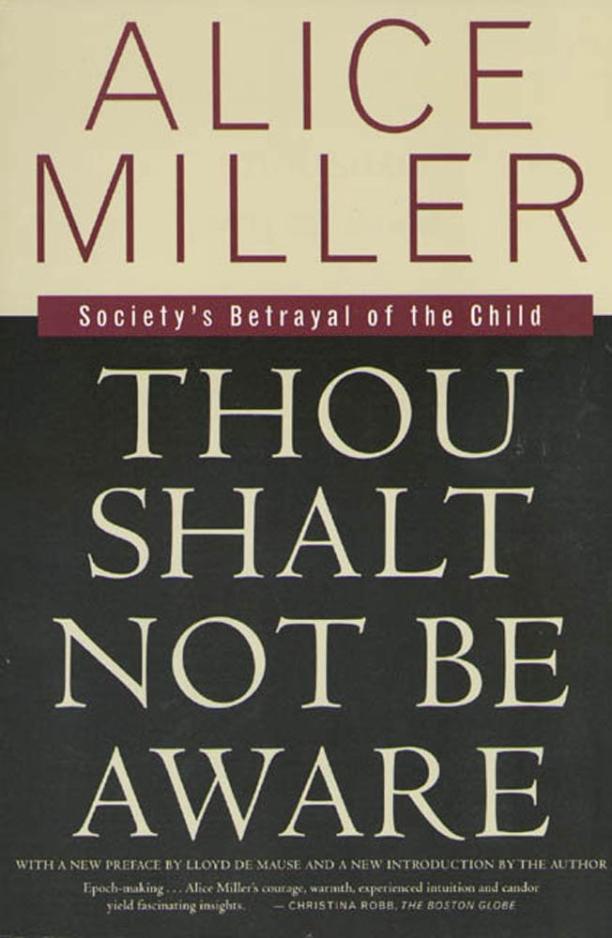
Thou Shalt Not Be Aware
Society's Betrayal of the Child
Alice Miller
The book delves into the ways in which traditional child-rearing practices, often characterized by emotional and physical abuse, are normalized and perpetuated by society, leading to the psychological repression of childhood traumas. It argues that acknowledging and understanding these traumas is essential for healing and breaking the cycle of abuse for future generations.
See full summary
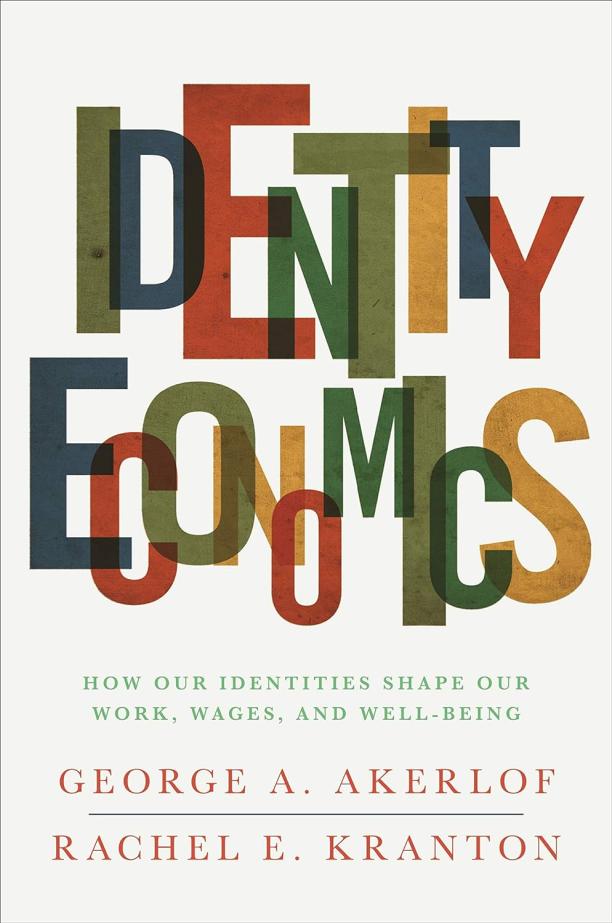
Identity Economics
How Our Identities Shape Our Work, Wages, and Well-Being
George A. Akerlof|Rachel E. E. Kranton
The book explores how individuals' identities and social norms influence economic behavior, affecting decisions in work, spending, and saving. It integrates psychological and sociological insights into traditional economic models, demonstrating how identity impacts wages, productivity, and overall well-being in the marketplace.
See full summary
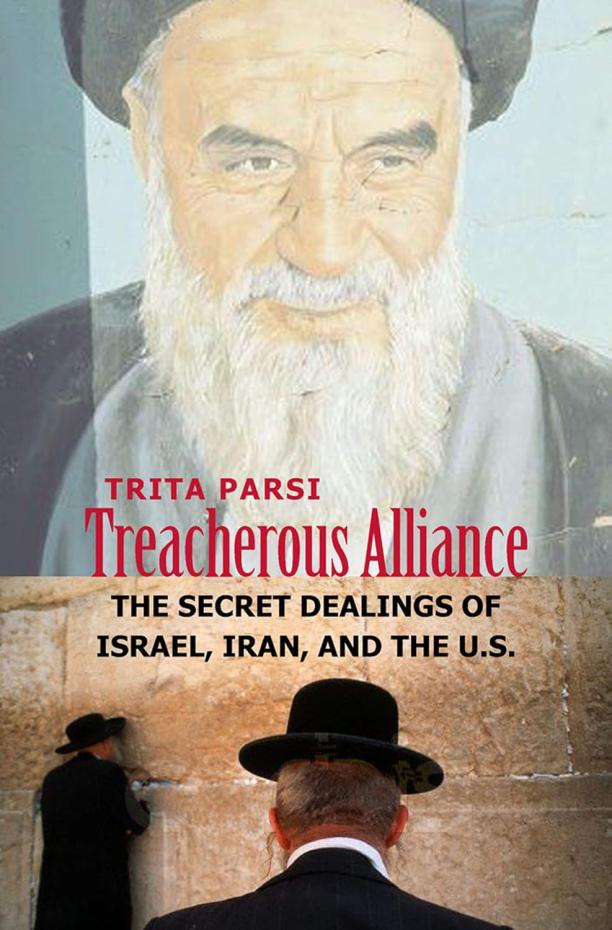
Treacherous Alliance
The Secret Dealings of Israel, Iran, and the United States
Trita Parsi
The book delves into the complex and often covert relationships between Israel, Iran, and the United States from the 1950s to the 21st century, revealing a web of strategic alliances and enmities driven by geopolitical interests. It examines how these three countries have engaged in a dynamic of manipulation and cooperation, often at odds with their public stances and ideological rhetoric.
See full summary